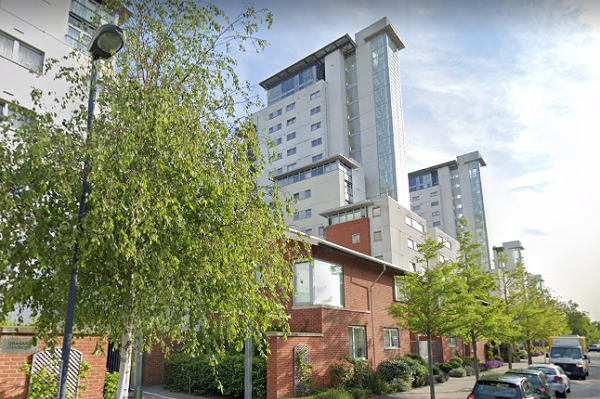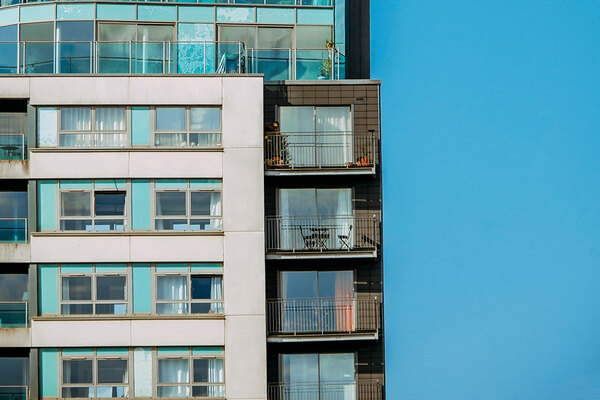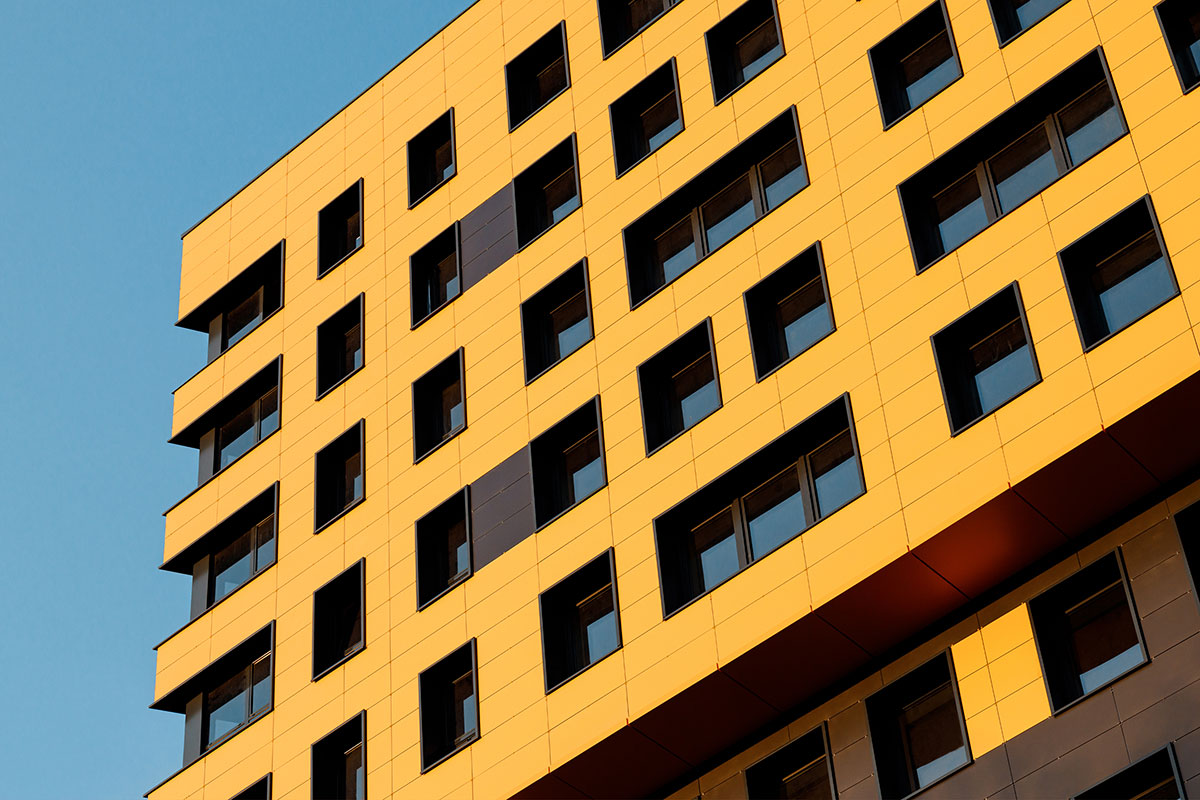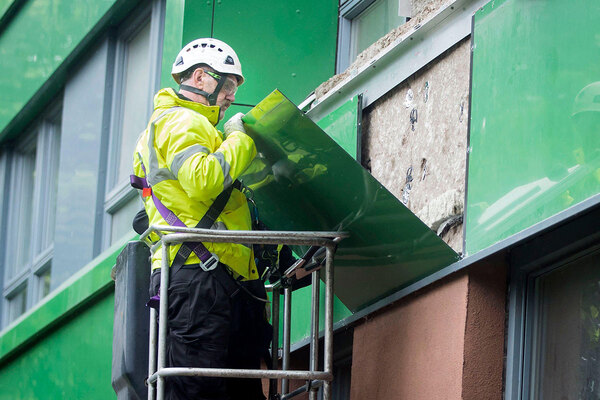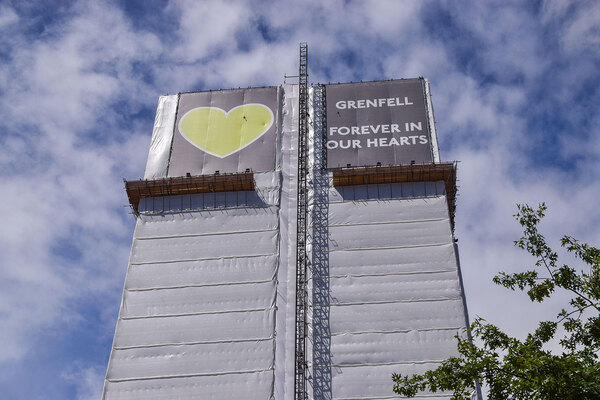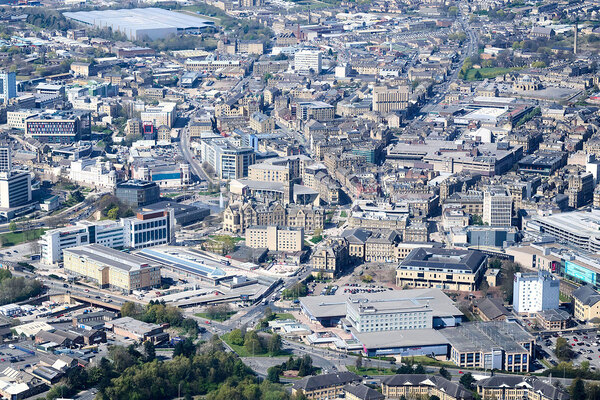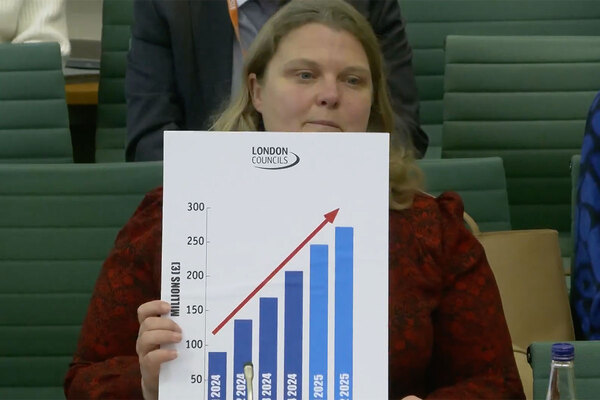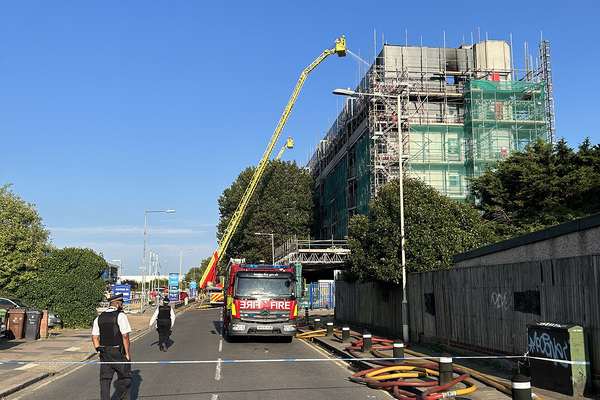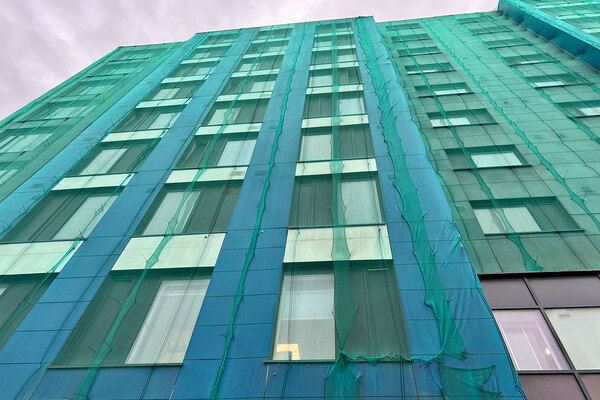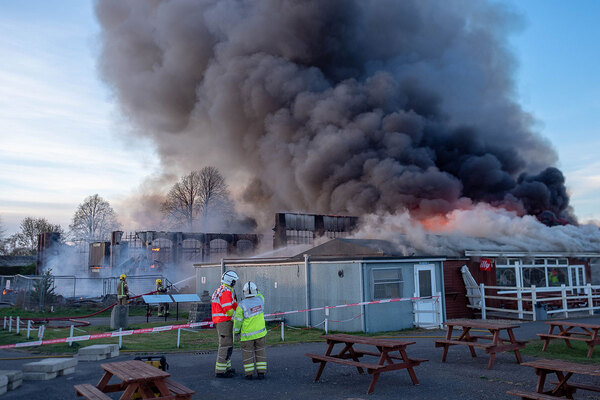One in six cladding leaseholders exploring bankruptcy options, survey reveals
Leaseholders hit by the cladding crisis are on the brink of financial ruin, with one in six exploring bankruptcy options and 62.5% facing repair costs of more than £30,000, an Inside Housing survey has revealed.
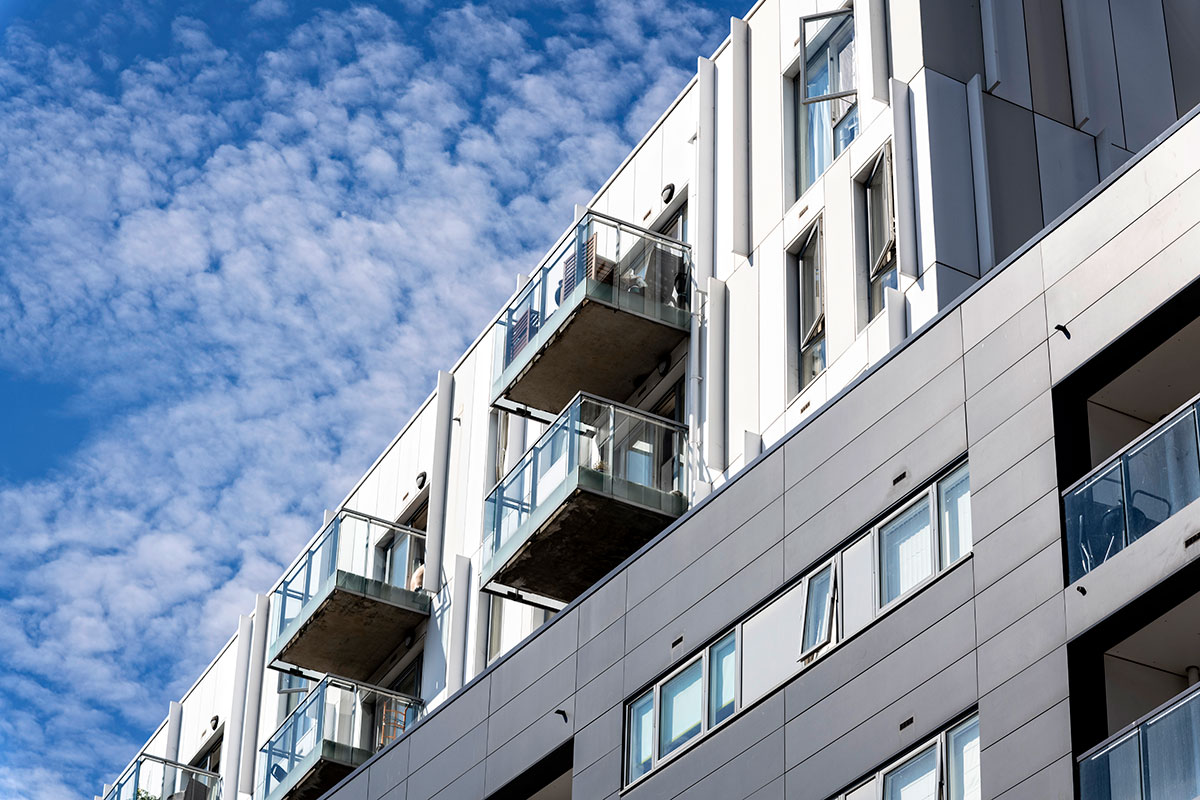
A survey of 1,342 leaseholders conducted by Inside Housing over the past week with the support of cladding campaigners blew apart government estimates that average costs are limited to £9,000 per leaseholder.
Instead, 62.5% of respondents face a total bill of above £30,000 to pay for the remediation and 15.4% face a bill of more than £100,000.
Click here to read about the survey in more detail
Alarmingly, 17.2% said they were already exploring bankruptcy options, with 41.7% having already been served a Section 20 notice by the freeholder of the building – the legal notice which precedes the imposition of fees for the work.
The survey – the first major research into impacted residents – was prepared by Inside Housing and shared among closed social media groups of those impacted by the spiralling crisis of fire safety issues in blocks with dangerous cladding. It also revealed:
- The majority of those caught by the crisis are first-time buyers (56.4%) and most (57.2%) have a property with a pre-crisis value of less than £250,000
- Most people impacted are on middle incomes, with 59.5% having a household income of less than £50,000 and 34.3% less than £35,000
- There was an even split of political affiliations, with 38% having voted Conservative at the last election and 39.8% voted for Labour. But 82.7% said the crisis will influence who they vote for next time and just 6.2% said it would not
The survey comes as the government reportedly mulls a £5bn cash injection to help cover the costs of the crisis which are estimated to be as high as £15bn.
Inside Housing launched the End Our Cladding Scandal campaign alongside affected groups in spring 2019 and has since been calling for the government to provide upfront funding to fix the crisis and recoup the costs from those responsible.
Jenni Garratt, speaking on behalf of the End Our Cladding Scandal campaign, said: “The cladding and building safety crisis is having a hugely damaging impact on millions of leaseholders – both financially and mentally. The leaseholders are the victims of this crisis and have done nothing wrong to deserve this.
“We are facing huge pressures from unaffordable costs of remediation and interim measures; so many have found themselves on the brink of bankruptcy and homelessness. Politicians must pay attention: this is an issue which could turn a generation of voters against their party.”
The government has recently been considering imposing loans on leaseholders, by offering a loan to the freeholder of the building and allowing them to reclaim the costs from flat owners.
Leaseholders reacted angrily to this proposal in the survey – 38.3% said there was “no way” they could afford the repayments and a further 27.2% said it would be “extremely difficult”. Only 3.8% said they would be able to pay a loan “comfortably”.
In a free text response box, leaseholders variously described the plan as “disgusting”, “unacceptable”, “unfair”, “appalling”, “ridiculous” and “outrageous”.
“The remedial work issues are not my fault, I bought the property in compliance with safety at the time, I should not have to pay for this,” said one respondent. “It is morally and ethically wrong. The costs should be met by the property developers and whoever said the original cladding was safe.”
Asked what form of remediation was required in their buildings, 87.4% of respondents said their block requires the removal of dangerous cladding, 68.3% said they require repairs to defective fire breaks, 59.3% require the removal of combustible balconies, and 53.6% require repairs to internal compartmentation amid a range of other defects.
This comes on top of interim costs for waking watch and insurance, with the most frequent responses for both putting the bill at between £100 and £250.
As a result, 65.4% of respondents have spent personal savings to cover these costs, 20.9% have borrowed from friends or family, 12.4% have taken on extra hours at work, 7.1% have taken a second job, and 5.6% have taken a private loan.
Sign up for our fire safety newsletter
Already have an account? Click here to manage your newsletters
